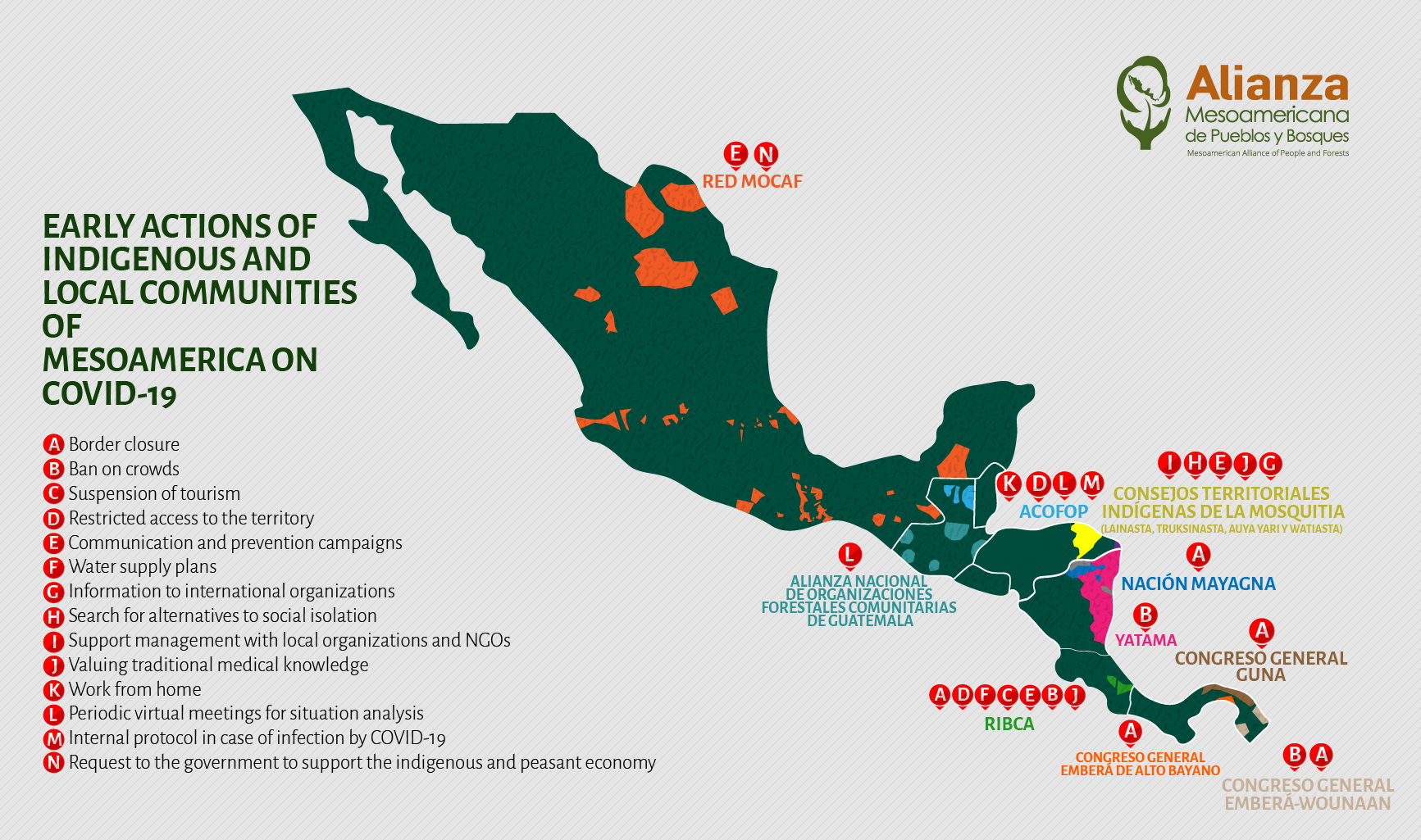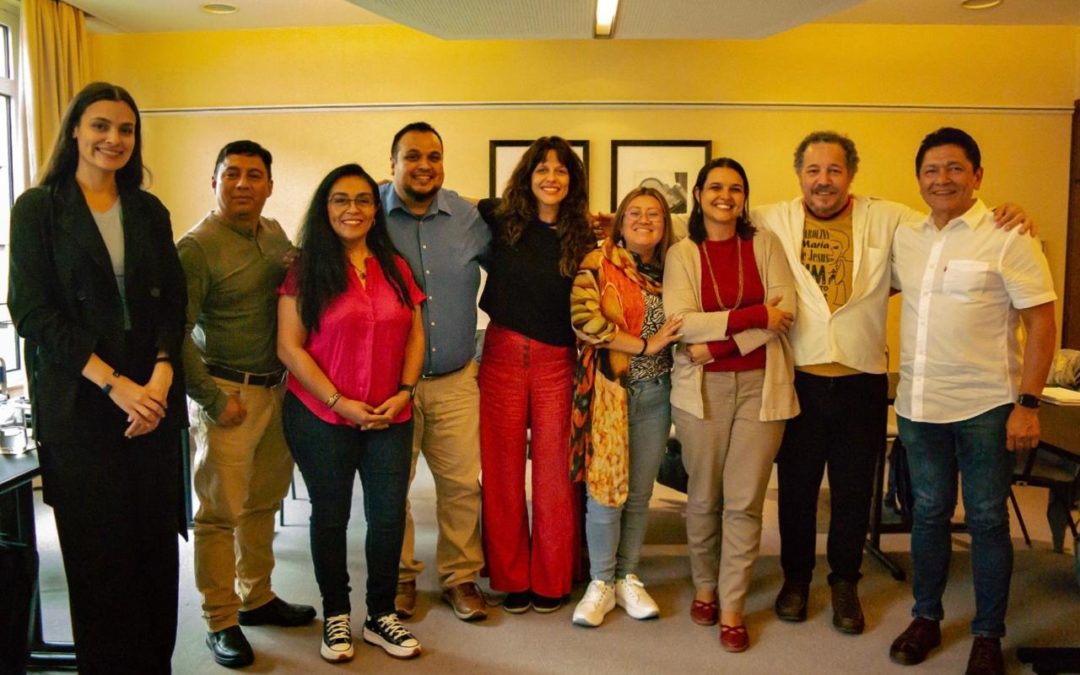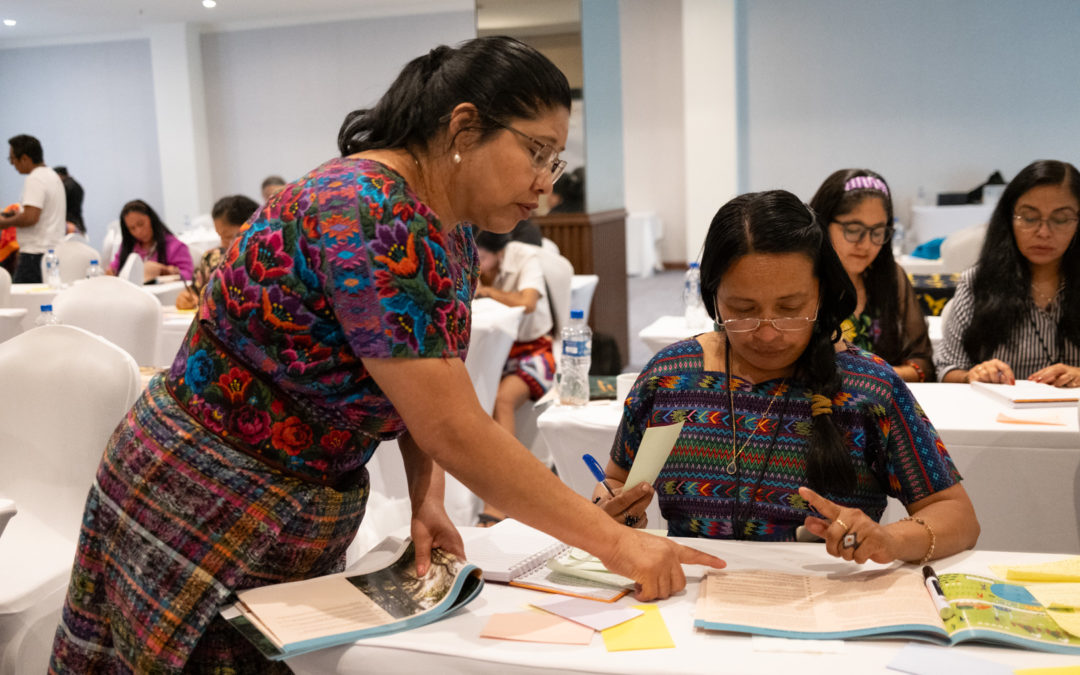The indigenous peoples and local communities of Mesoamerica that make up the Mesoamerican Alliance of Peoples and Forests (AMPB) are implementing local actions to ensure the health of their population in the face of the COVID-19 pandemic. Territorial organizations collaborate with national and regional health authorities, while generating local solutions to keep communities informed, supplied and protected.
“The coronavirus is now telling the world what we have been saying for thousands of years—that if we do not help protect biodiversity and nature, then we will face this and worse future threats,” said Levi Sucre Romero, AMPB Coordinator.
Scientific research has found that habitat loss has brought wild animals into closer contact with humans and pets, allowing diseases like coronavirus to jump over the animal-human barrier and spread through human-humancontact.
“The communities, as we have always done, depend on our territory. Therefore, to face this pandemic and ensure the well-being of our peoples, we will continue to care for the forests and live in harmony with the land. Increasingly, it becomes evident that all humanity should do the same, “said Sucre.
Actions implemented by territorial organizations
These are the main response and prevention actions implemented by AMPB member organizations before COVID-19:
In Panama, the Guna General Congress temporarily suspended the entry of vessels into the territory’s marine waters and vehicle entrances. The territory has closed its borders, with the exception of the controlled entry of basic goods transport.
The Emberá Wounaan General Congress (Panama) suspended its General Congress, convened for March 20, until the Ministry of Health indicates that it is safe to convene. All conglomeration of people in the Comarca was suspended, as well as the entry of outsiders at the borders of the Tuqueza, Tupiza, Chico and Tuira rivers.
The Traditional Authorities of the Emberá General Congress of Alto Bayano and the Local Congress of Ipetí Emberá (Panama) suspended the entry and exit from the territory, from March 17 and until the national health authorities indicate that the situation has been stabilized. The measure exempts urgent situations that require mobilization due to illness, prior notification to the traditional authorities.
The territories of the Bribri – Cabécar Indigenous Network (RIBCA) of Costa Rica determined to prohibit the entry of tourists and visitors, suspend sports, sociocultural activities, meetings, workshops, seminars and activities with crowds; suspend religious activities with crowds of people; restrict access to basic services personnel; prohibit the entry of indigenous people who do not live in the territory; highlight indigenous security personnel; announce community and national measures through posters in public places; provide gel and disinfectant to the population; establish indigenous personnel to visit families to prevent them in their language; establish water supply plans for the communities affected by the summer and agree on a work plan with the Local Emergency Commission.
In Nicaragua, the Mayangna Nation is implementing checkpoints to prevent people from entering the territory. YATAMA suspended its assembly and any crowds in response to the health alert.
Four Indigenous Territorial Councils of the Mosquitia of Honduras (Lainasta, Truksinasta, Auya Yari and Watiasta) are implementing the following actions: to inform international organizations about the precarious health situation of indigenous peoples in the face of the pandemic and the measures that are being implemented on the part of the government, who is failing to supply essential preventive medicines; look for another alternative instead of social isolation which, in the case of the Muskitia due to its economic status as non-wage earners, constitutes a threat due to food insecurity; organize communities through visits by organized groups; create a commission to seek to inform communities through radio spots; manage with local organizations and NGOs food supply support to the indigenous population that are not applied in the context of the emergency declared by the central government; recognize and value the traditional medical knowledge of the communities.
The Association of Forest Communities of Petén (ACOFOP), in Guatemala, implemented remote work to monitor its activities, suspended assistance to its offices, and limited visits to communities to emergencies. It was determined that the General Directorate and the Strategic Committee will hold periodic virtual meetings to analyze the pandemic situation. In addition, it established an internal protocol in the case of infection and recommended that ACOFOP member organizations take the appropriate measures in order to protect their associates and families.
The communities that make up the National Alliance of Community Forest Organizations of Guatemala protect the entry and exit points. The Alliance is creating a contingency plan.
The Mexican Network of Peasant and Forest Organizations (Red Mocaf), works in a preventive information campaign in Nahuatl language. The organization also spoke about the situation of rural communities in Mexico, and urges the national government to establish an Emerging Program to Support the indigenous and peasant economy and to include in the 2021 budget a Special Program for the Reactivation of the Indigenous and Peasant Economy; as well as an Emergent Program of Access to Credit for Small Producers, where the Development Bank (FIRA and FND) coordinate actions with the Popular Savings and Credit Societies (SOFINCO, SOFIPO and Cooperatives).



